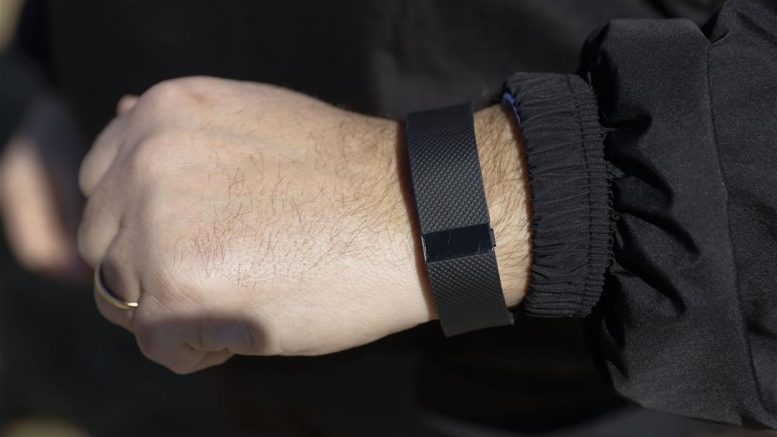(Newser) – The heart rate tracker technology in fancier models of Fitbit starts to become inaccurate when people start exercising, according to a study included in an amended class-action lawsuit against the company. In a press release, plaintiffs’ lawyers say California State Polytechnic University put both Fitbits and ECG sensors on 43 separate subjects tested for 65 minutes of moderate to high-intensity exercise, and found that the PurePulse technology in the Fitbits had an “extremely weak correlation” with the heart rate recorded by the ECGs. The researchers say the Fitbit measurement was up to 20 beats per minute off during exercise. In some cases, Fitbits on both wrists recorded different rates—and heart rates of zero were recorded on subjects who were definitely not zombies.
Fitbit argues that the study, which was funded by the lawyers, “lacks scientific rigor and is the product of flawed methodology.” The company notes that the ECGs were consumer-grade ones, not clinical devices. Alex Montoye, an assistant professor of clinical exercise physiology at Ball State University tells CNN that his own research has found that Fitbits are pretty good at giving a “ballpark estimate of activity levels, but these are difficult elements to measure perfectly.” He says the Fitbit is not a medical device and doesn’t claim to be one, which is why the company tends to use words like “track” instead of “measure” in marketing materials and never promises 100% accuracy. (Doctors say heart rate data from this man’s Fitbit helped save his life.)
Please visit the source link below to read the entire article.
Source: www.newser.com





Be the first to comment on "Lawyers Say Fitbit’s Heart Tracker Is Way Off"